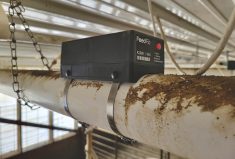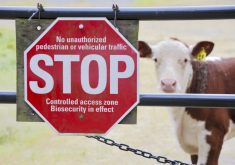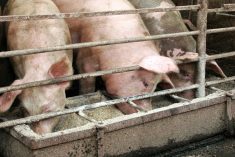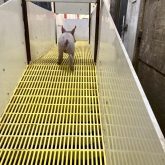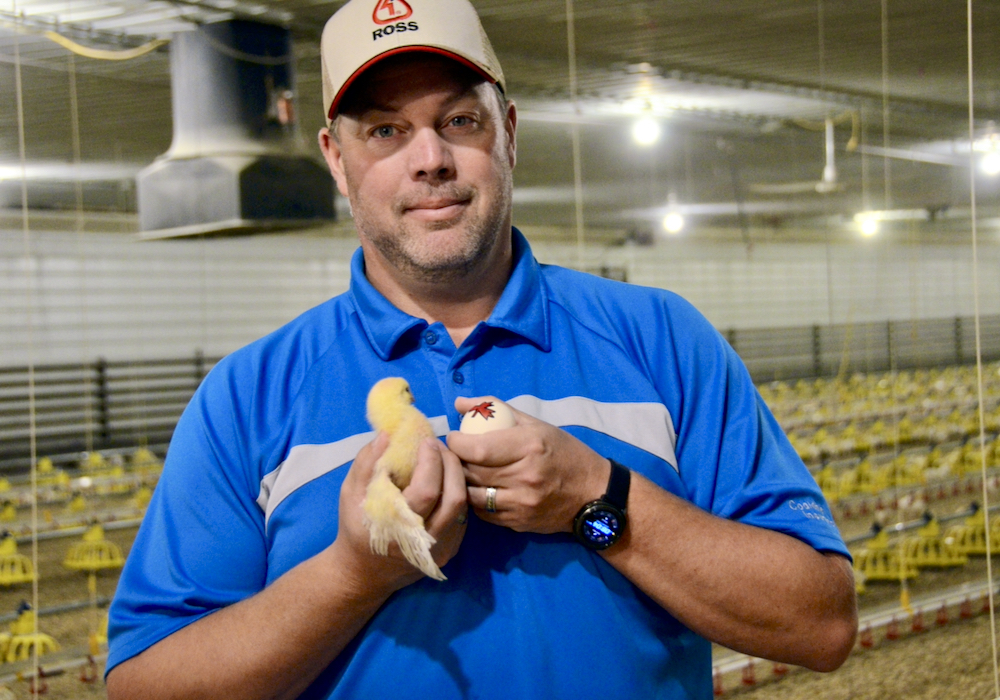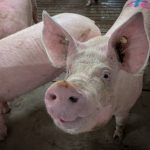Alberta’s pork industry is getting another $1.35 million to improve biosecurity and thwart the arrival of the porcine epidemic diarrhea virus (PEDv).
“The funding comes at a critical time for our industry,” said Alberta Pork chair Frank Novak.
“There’s a sense of guarded optimism for the future after a series of very challenging years.”
Alberta Pork has been working with provincial officials to monitor biosecurity efforts at abattoirs, truck washes, and processing facilities. The new Growing Forward funding will be used to train 28 veterinarians, and to conduct 400 on-farm biosecurity assessments and 300 assessments of farm service providers such as transport companies. Alberta Pork intends to implement surveillance projects and swine risk assessments at high-traffic areas such as truck washes, processing plants, and assembly yards.
Read Also
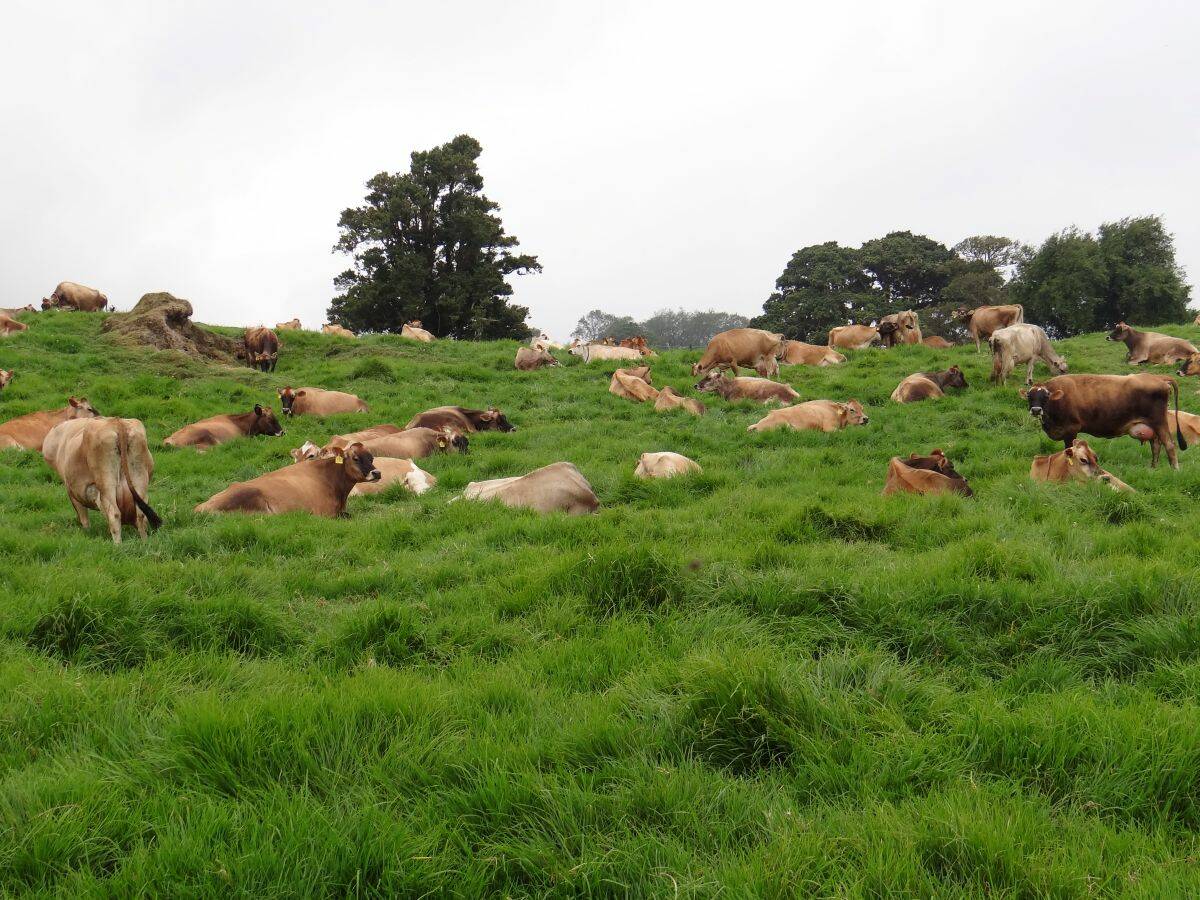
Is inflammation the real cause of milk fever in cattle?
UAlberta researcher Burim Ametaj’s theory challenges 200 hundred years of science and his work may change the approach for treatment.
“It’s important that this is seen as an initiative that touches not just the primary producer but everybody up and down the chain,” said Agriculture Minister Verlyn Olson. “The weak link in the chain creates a risk for everybody.”
Although it has no impact on human health, PEDv causes vomiting and diarrhea in pigs, and is usually fatal for young pigs. Piglet losses in the U.S. have topped the five-million mark. The virus has been found in Ontario, Manitoba, P.E.I., and Quebec, but hasn’t found its way to Alberta yet.
“It’s a bug that is so easy to move and there is so much trade across the Canada-U.S. border that it is inevitable that there are times when the bug will make it across the border,” said Novak. “And it has made it across the border a few times already. Luckily, because of the whole program we’ve got with respect to truck washes and things like that, we’ve been able to stop it every single time, with the exceptions of the one farm in Manitoba that had it and an assembly yard in Manitoba that has had a positive case.”
Novak praised the trucking industry, noting 25,000 to 30,000 truckloads of pigs are moved annually in the province.
“You can imagine what an effort it is to wash and disinfect every one of those trucks every single time to a standard that would prevent a bug like this from moving from farm to farm,” he said.
It costs about $500 to $800 per truck wash.
Alberta Pork and producers have also worked to create more breaks in the system. For example, trucks that move breeding sows to different farms are no longer allowed to go anywhere near an abattoir.
“Every single truck that comes on one of our farms right now has to be certified as being washed, disinfected, and certified by a third-party auditor,” Novak said.




